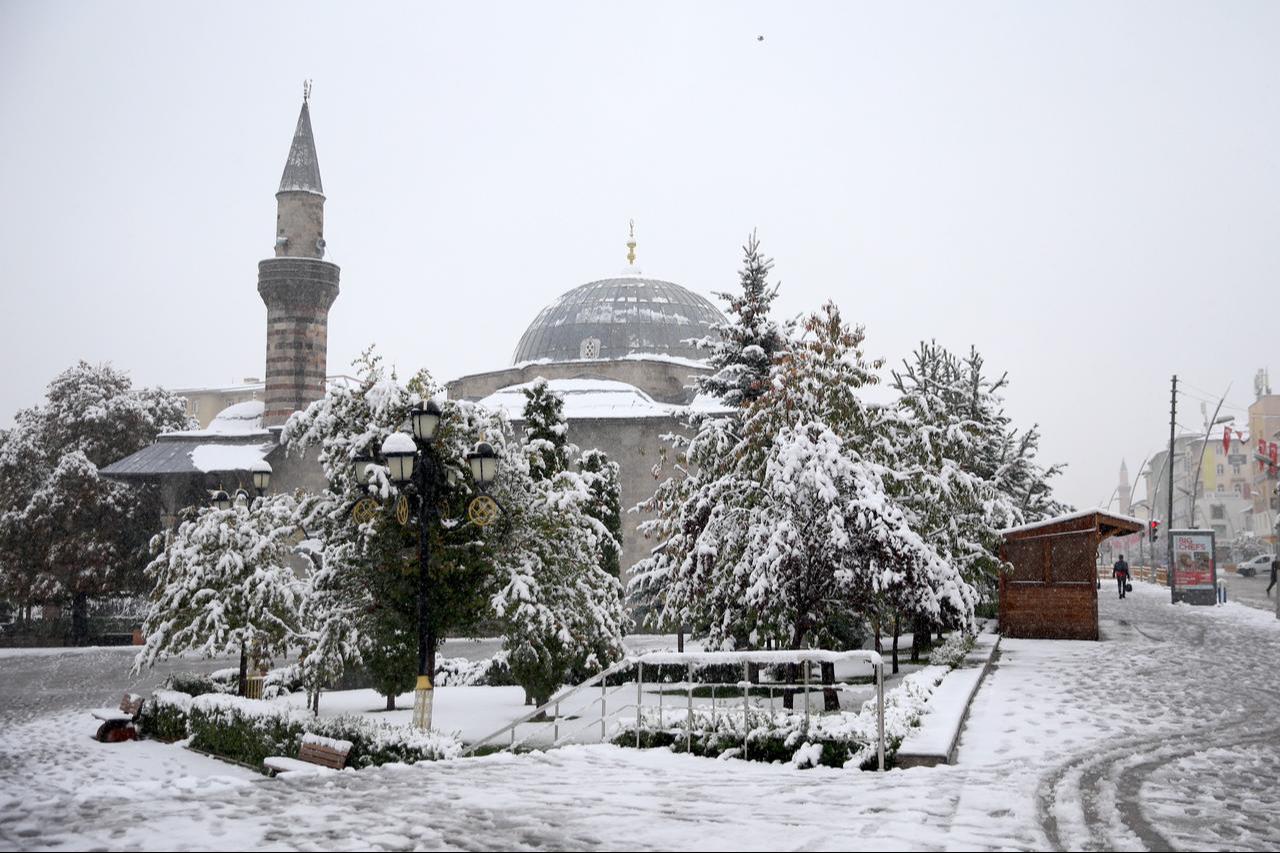
Despite entering mid-November, Türkiye has yet to experience the cooler, rainy weather typically associated with autumn. Temperatures have generally remained above seasonal averages, and precipitation has been insufficient to meet the needs of reservoirs and soil moisture.
As discussions circulate online and in the media about a potentially “unforgettable winter,” experts provide clarity on current conditions and the weeks ahead.
Speaking to media outlet Hurriyet, Dr. Guven Ozdemir noted that during October, temperatures across the country were 1–3 degrees Celsius (33.8–37.4 degrees Fahrenheit) above the seasonal norm, a pattern that has continued into November.
He attributed this anomaly to the dominance of high-pressure systems, particularly the Azores High, which channels warm air from Africa and limits the entry of low-pressure systems necessary for rainfall.
“The ongoing high-pressure conditions have led to a warm and dry autumn,” Ozdemir said. “Although brief cold spells have occurred, average temperatures remain above the seasonal norm.”

Short-term periods of warmer weather in November, popularly known as “pastirma yazi” or Indian summer, are not recognized meteorologically, Ozdemir told. This year, these warmer days occurred slightly earlier than usual, just before the start of November. While temperatures have begun to decline, brief warm spells of one or two days may still appear throughout the month.
According to the Turkish State Meteorological Service, Türkiye will experience partly to mostly cloudy skies, with intermittent showers and thunderstorms expected in the Marmara, Aegean, western and central Mediterranean regions, and parts of Central Anatolia.
For Istanbul, forecasts indicate mostly cloudy conditions with limited rainfall over the weekend. Ozdemir added that daytime temperatures will remain mild, around 20 degrees Celsius in many areas, with slightly higher values in the south. Cooling is expected to progress gradually from the west, and nighttime temperature differences may reach 10–12 degrees Celsius in some regions.
While the week is expected to be largely calm, slight increases in rainfall and cooler temperatures may occur toward the weekend, particularly in the highlands of Eastern Anatolia.
Ozdemir warned that by the final week of November (Nov. 25–30), Türkiye may experience a notable temperature drop due to cold air masses descending from the Arctic. This could result in daytime and nighttime temperature differences and increased frost and fog, particularly in the interior regions of the Black Sea, Eastern Anatolia, and Central Anatolia.
“This period may be considered a ‘mini winter preview,’” he said, noting that heavy snowstorms are not expected, though light snow is possible in higher elevations.

While some media reports and social media posts have suggested an intense winter with heavy snow between Dec. 20 and Jan. 20, Ozdemir said that current models do not yet indicate conditions for widespread or intense snowfall. Even high-altitude locations such as Uludag are expected to see rain rather than snow in the coming weeks.
“The most significant snowfall is likely to occur in January and February,” he added. Coastal regions are unlikely to see lasting snow cover.